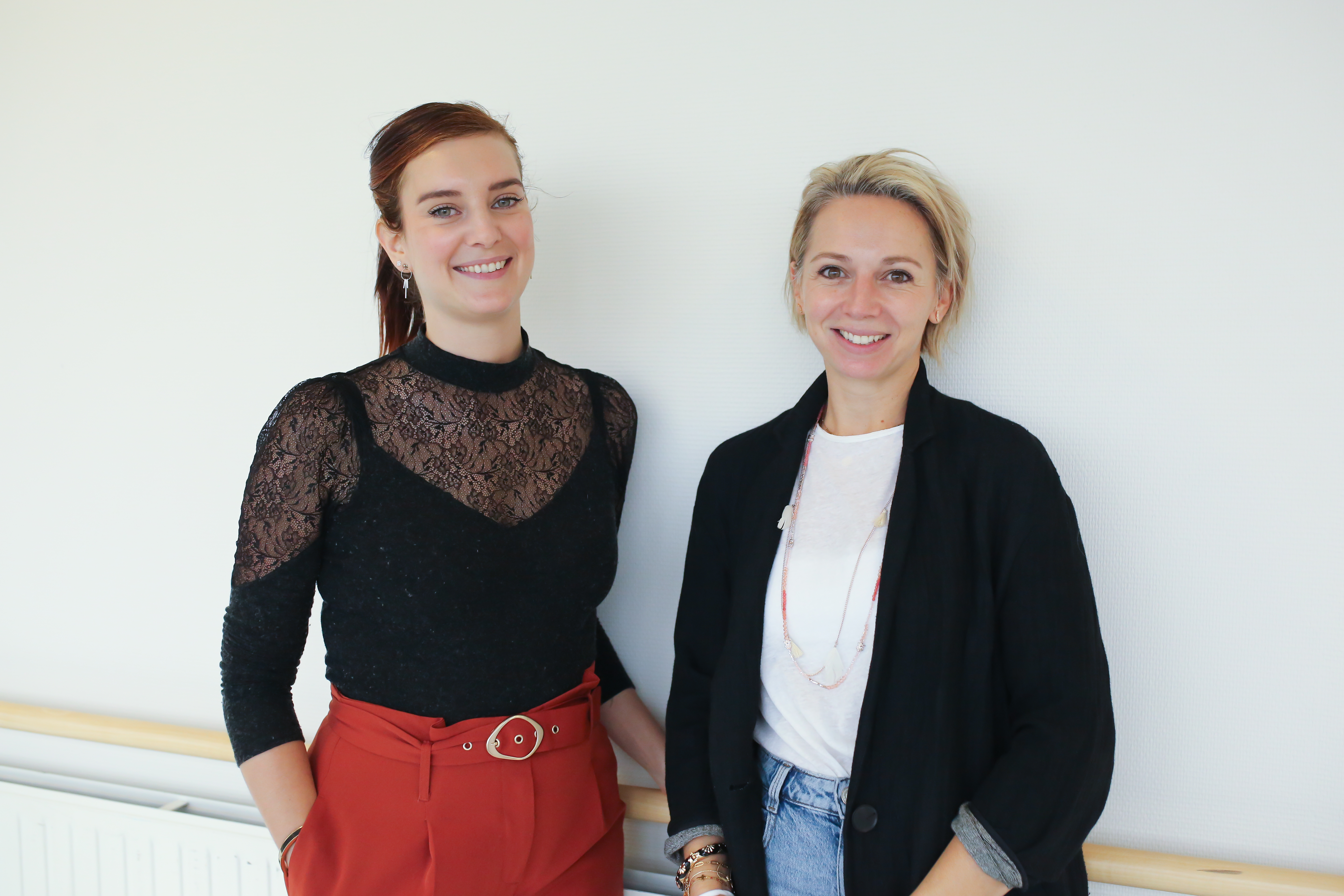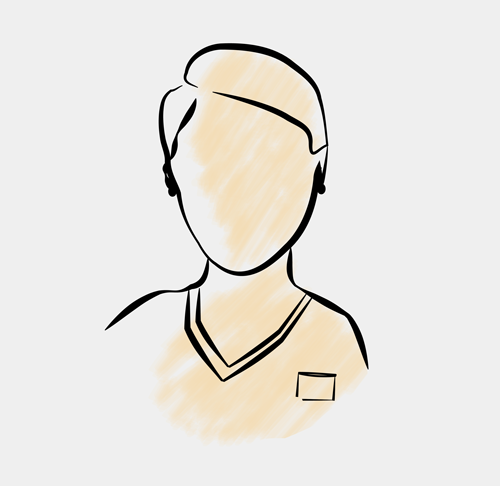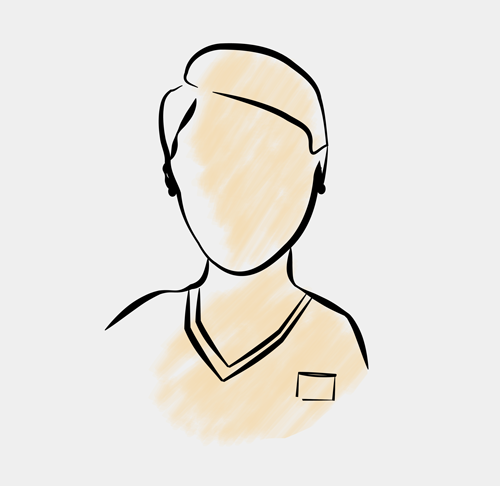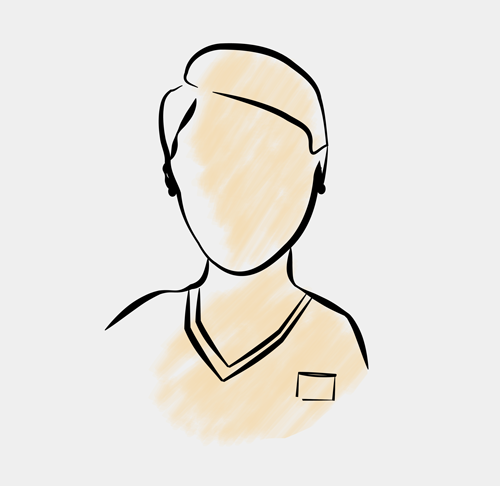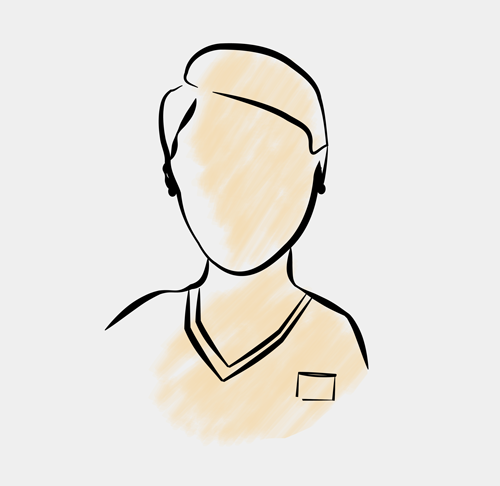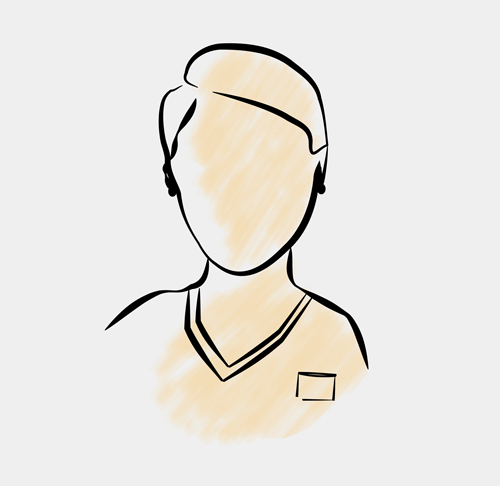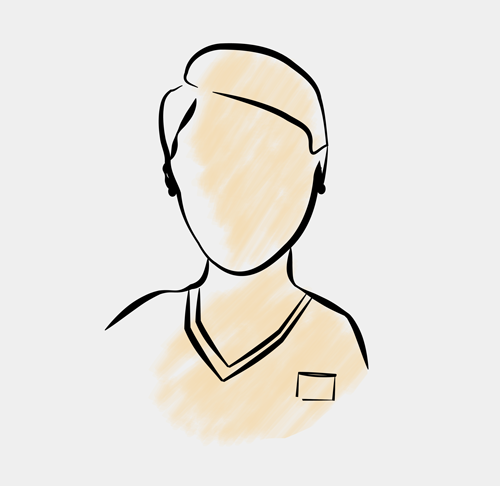Week-by-week pregnancy tracking calendar
Foreword: this article focuses on pregnancy tracking by week of pregnancy. However, the medical profession, your French health insurance office (CPAM) and your family allowance fund (CAF) tend to count by week of amenorrhea, which adds two weeks to each stage.
Tracking the 1st month of pregnancy, week by wee
1st to 3rd week of pregnancy
Your test was positive! The embryo’s beginning to form so you’ll need to adopt a healthy lifestyle from now on and during the whole of your pregnancy (eating a balanced diet, not drinking alcohol, stopping or cutting down on smoking, with the help of a tobaccologist if necessary). Also, take the time to choose your maternity hospital.
Note: you’ll not normally show any pregnancy symptoms in the first week, but they can show up during the second or third week (hypersalivation, drowsiness, painful breasts, nausea).
4th week of pregnancy
Signs of pregnancy appear or intensify. If you’ve not already done so, take a urine pregnancy test followed by a blood test. Also, make an appointment with your gynaecologist.
Tracking the 2nd month of pregnancy, week by week
5th week of pregnancy
Fatigue, stomach cramps.... Pregnancy symptoms become more pronounced.
Some advice: have a think about how you want to give birth (do you want an epidural or not?) and start doing anti-stretch mark massages.
6th to 8th week of pregnancy
Pregnancy symptoms become more pronounced and heavy vaginal discharge may occur.
From the eighth week onwards, an NIPT (non-invasive prenatal test) – a simple maternal blood test – is also recommended for high-risk patients. NIPT is an innovative screening that can detect trisomy 13, 21 and 18 early on and without risk.
Tracking the 3rd month of pregnancy, week by week
9th to 12th week of pregnancy
First compulsory pregnancy health check-up (blood test, blood pressure, etc.): the first antenatal examination will screen for trisomy 21, syphilis, AIDS, rubella and toxoplasmosis. If you’re rhesus-negative and/or not immune to toxoplasmosis, you’ll be prescribed a monthly blood test.
Your gynaecologist-obstetrician or midwife will give you the document necessary to declare your pregnancy (Déclaration de grossesse) or will fill in the form directly, using your health insurance card (carte vitale). You can also make an appointment for a first trimester ultrasound between the 10th and 11th week of pregnancy. Also called the dating ultrasound, this scan can detect a number of disorders (e.g. major malformations) and dates the beginning of pregnancy. As for symptoms, the first signs of pregnancy may appear – for example, pregnancy acne, around the 11th week.
13th week of pregnancy
You’ll probably notice you’re putting on weight.
To do: let your employer know you’re pregnant.
Tracking the 4th month of pregnancy, week by week
You’ll undergo your second antenatal examination during the 4th month.
Contact or make an appointment with your Materniteam advisor and book your “early antenatal interview” with a midwife. This appointment is fully covered by your health insurance (Assurance maladie).
14th week of pregnancy
Your baby’s beginning to make themselves felt!
Make a birth plan and think about whether you want to breastfeed.
15th and 16th week of pregnancy
Your baby’s hearing is starting to develop. As for you, you may start experiencing digestive problems.
Tip: consider making a dental appointment that’s fully funded by your health insurance. Pregnancy hormones can play havoc with your teeth, leading to tooth decay, gingivitis and other ailments that may have repercussions for your pregnancy (e.g. the risk of premature birth). This is why you need to take good care of your dental health!
17th week of pregnancy
Your baby is starting to kick.
Prepare for your baby’s arrival and request a “priority access to public areas” card (Carte de priorité d’accès aux lieux publics). It’s free, and a simple email to your CAF or agricultural social mutual fund (CMSA) will suffice!
Tracking the 5th month of pregnancy, week by week
18th to 21st week of pregnancy
Inside your belly (which is definitely beginning to get rounder), your baby’s five senses are developing.
On the agenda: your third antenatal examination and second pregnancy ultrasound (during the 19th week). It’s during the second trimester ultrasound that you can find out your baby’s sex, if you wish. In any case, you should start thinking about a name and signing up for antenatal classes.
20th week of pregnancy
Your baby will be growing, measuring about 22 cm.
It's time to make a birth list and organise a baby shower!
22nd week of pregnancy
Iron deficiency anaemia is often diagnosed around this time: supplements and dietary measures can help correct this.
Tracking the 6th month of pregnancy, week by week
23rd and 24th week of pregnancy
This is the time to:
- Choose your baby’s bed;
- Request legal recognition before birth for unmarried couples and couples living together under a civil partnership (PACS).
“False contractions” can also occur. Short and irregular, these are a far cry from the “real” contractions of childbirth, but call your doctor if you have any doubts!
24th week of pregnancy
Your baby may get the hiccups! As for mums-to-be, insomnia is common.
25th and 26th week of pregnancy
This is when you’ll undergo your fourth antenatal examination. Your baby’s now opening their eyes and may start to feel cramped. As for you, you may be experiencing backache and sleep problems; sometimes even the baby-blues – talk to your doctor.
Tracking the 7th month of pregnancy, week by week
27th and 28th week of pregnancy
On the agenda: antenatal classes and preparing the birth announcement.
At this stage, your baby will generally weigh around a kilo and your body has changed quite a bit: consider a nursing pillow to help you sleep better!
29th week of pregnancy
Your baby’s now reacting to touch and noise!
As for you, it’s now time for your fifth antenatal examination. And to look into nursery school registration.
30th week of pregnancy
It’s already time for the third trimester ultrasound! Your baby’s weight at term, placenta position, foetal position, etc. – every detail is examined.
Tracking the 8th month of pregnancy, week by week
31st and 32nd week of pregnancy
Your baby will now usually adopt their birth position and continue to gain weight. Their skin is turning pink.
Tip: start packing your bag for labour and preparing your maternity leave!
33rd and 34th week of pregnancy
Your baby’s five senses are now active and their eyes are blue!
This is also the moment for:
- Undergoing your sixth antenatal examination;
- Booking an appointment with the anaesthetist;
- Preparing your birth kit;
- Organising paternity leave: make the request one month prior to the birth, preferably by registered letter with acknowledgement of receipt (for record-keeping purposes).
Tracking the 9th month of pregnancy, week by week
35th week of pregnancy
You’ll begin producing your first milk (colostrum). Your baby’s already able to digest and breathe on their own.
36th week of pregnancy
Seventh antenatal examination. Your baby’s now fully formed!
37th to 39th week of pregnancy
Your waters may break as early as week 37. You should go to the maternity hospital even if you’re not yet experiencing contractions, since precautions must be taken to prevent infection. From the 38th week of pregnancy, your baby’s heart-lung connection is in place! In theory, you should give birth in week 39, although in reality this can happen a little earlier or later. Come to the clinic on your expected delivery date to make sure everything’s in check, if you’ve not yet given birth.
While you wait for the big day, don’t forget to rest and take it easy – take a warm bath or have a massage, for example.


